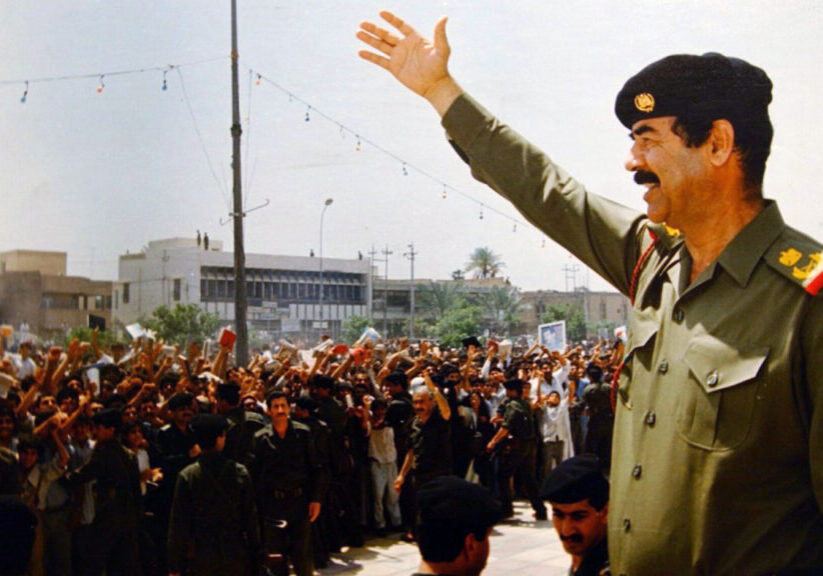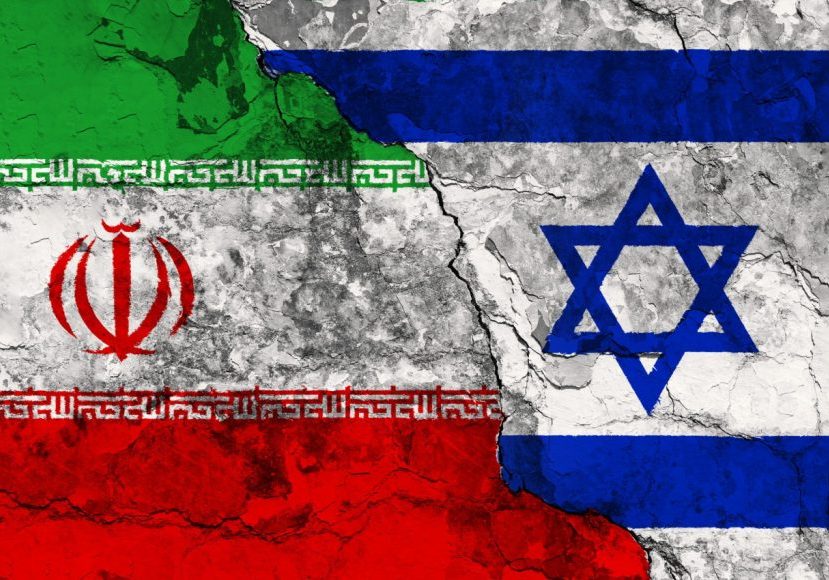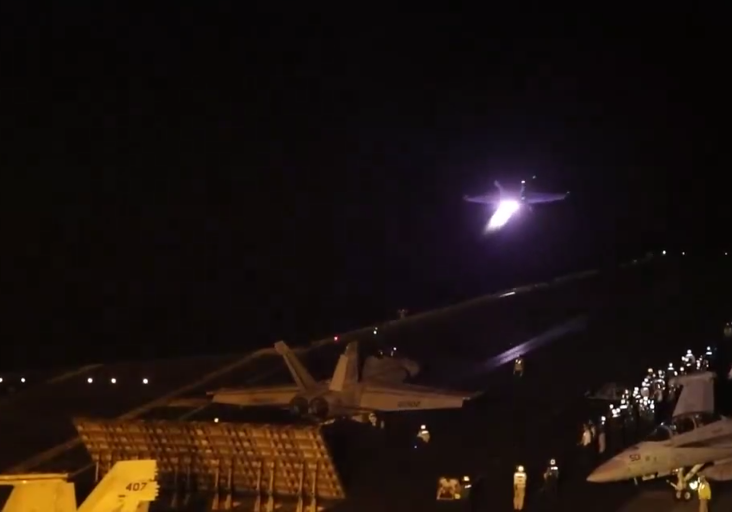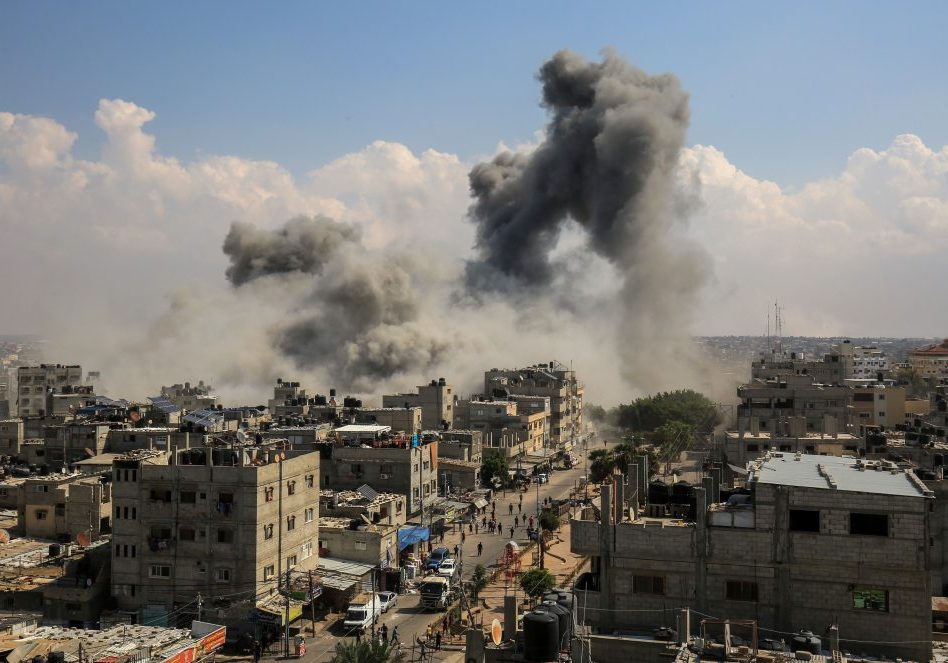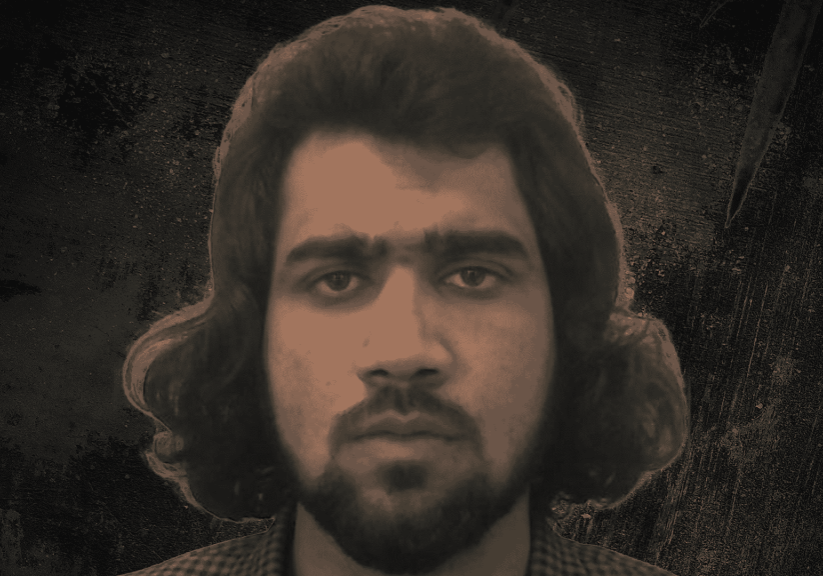Australia/Israel Review
Assessing the Iraq War – Again
Apr 24, 2008 | Daveed Gartenstein-Ross and Bill Roggio
By Daveed Gartenstein-Ross and Bill Roggio
The testimony delivered in the US Congress on April 8 by US Commander in Iraq General David Petraeus and US Ambassador to Iraq Ryan Crocker provides an opportunity to assess progress in Iraq since last September (the last time the two men were in Washington, DC). Last fall’s testimonies noted the initial improvements that resulted from the US troop “surge”, which reached its full deployment only three months prior to the September testimony. Seven months have now passed (ten months since the surge troops were fully deployed), and Gen. Petraeus testified that Iraq’s security situation has continued to improve: “Security in Iraq is better than it was when Ambassador Crocker and I reported to you last September, and it is significantly better than it was 15 months ago when Iraq was on the brink of civil war.”
A combination of factors has produced the improved situation. In addition to the increase in US forces through the surge, the change in US counterinsurgency strategy has been significant. Related to that shift in strategy, the Awakening movement and the Sons of Iraq have had a cognisable impact by helping Iraqis take the security situation into their own hands. The Mahdi Army’s ceasefire has reduced levels of violence, as has the fact that al-Qaeda in Iraq’s barbarous activities alienated it from the Iraqi population. And the much-maligned Iraqi security forces have increased in number and capability. But the picture painted was not entirely positive: as Gen. Petraeus emphasised, progress in Iraq has been “significant but uneven.”
One topic of celebration in the testimony delivered last September was the success of the Anbar Awakening movement. Gen. Petraeus noted at the time that “today, [Anbar Province] is a model of what happens when local leaders and citizens decide to oppose al-Qaeda and reject its Taliban-like ideology.” Just days after that testimony, the Awakening was dealt a significant blow when its founder, Abdul Sattar al-Rishawi, was assassinated. While this could have been devastating for the group, Abdul Sattar’s brother, Ahmad Abu Risha, has managed to salvage the movement; today there are branches of the Awakening movement throughout Iraq.
Since September, the Awakening movement has continued to root out al-Qaeda and establish local security. Gen. Petraeus said in his testimony: “Awakenings have prompted tens of thousands of Iraqis – some, former insurgents – to contribute to local security as so-called ‘Sons of Iraq.’” Currently, more than 91,000 Sons of Iraq (both Sunni and Shi’ites) are actively working to build security at a local level. The program has helped Coalition forces attain valuable intelligence on weapons caches and terrorist activity. “We have already found more caches in 2008 than we found in all of 2006,” Gen. Petraeus said in his testimony, placing the number of caches found and cleared at 2,837 countrywide.
Gen. Petraeus also noted improvements in the Iraqi security forces, stating that “Iraq has also conducted a surge, adding well over 100,000 additional soldiers and police to the ranks of its security forces in 2007.” Today over 100 Iraqi combat battalions are “capable of taking the lead in operations.”
Though the US’s local allies continue to gain in strength, Iran’s influence has plagued Coalition and Iraqi forces. The US military only began seriously addressing this influence in early 2007. Since then, the military has captured several key Iranian operatives working in Iraq, including a Hezbollah commander assigned to build “Special Groups” (the name for the Iranian-supported cells largely culled from Muqtada al-Sadr’s Mahdi Army), a senior Quds Force officer, and the leader and tactical commander of the Qazali network. Despite these captures, Ambassador Crocker stated that “Iran continues to undermine the efforts of the Iraqi government to establish a stable, secure state through the authority and training of criminal militia elements engaged in violence against Iraqi security forces, coalition forces and Iraqi civilians.”
The latest example of the struggle against Iranian influence was the battle in Basra between Iraqi security forces and rogue factions of Muqtada al-Sadr’s Mahdi Army. Gen. Petraeus highlighted the dichotomous lessons learned from this recent fighting. “Recent operations in Basra highlight improvements in the ability of the Iraqi Security Forces to deploy substantial numbers of units, supplies, and replacements on very short notice,” he said. “On the other hand, the recent operations also underscored the considerable work still to be done in the areas of logistics, force enablers, staff development, and command and control.” On the positive side of the ledger, Ambassador Crocker has pointed out one additional lesson to be drawn from the Basra fighting: the fact that the “Shi’ite majority government… has demonstrated its commitment to taking on criminals and extremists regardless of sectarian identity.”
Given the security improvements in Iraq, the crux of the current debate is the status of political reconciliation in the country. Ambassador Crocker said yesterday that “despite a slow start they [the Iraqis] have gained significant momentum” toward local, provincial, and national reconciliation. On a national level, the clearest evidence is seen in the Iraqi government’s recent legislative accomplishments. As military historian Dr. Fred Kagan recently noted, between January 2007 and March 2008 Iraq’s government “met 12 of the original 18 benchmarks set for it, including four out of the six key legislative benchmarks. It has made substantial progress on five more, and only one remains truly stalled.” The legislative situation is dramatically improved compared to 2007.
The key benchmark issues that have been accomplished include the Provincial Powers Law (which included setting elections for Oct. 1, 2008), the Accountability and Justice Law (de-Ba’athification reform), an amnesty law, and approval of the 2008 budget.
To be sure, Iraq’s parliament will face many further challenges. Gen. Petraeus explained that “[i]n the coming months, Iraq’s leaders must strengthen governmental capacity, execute budgets, pass additional legislation, conduct provincial elections, carry out a census, determine the status of disputed territories, and resettle internally displaced persons and refugees. These tasks would challenge any government, much less a still developing government tested by war.”
One critical factor in ensuring sustained progress is the Iraqi security forces’ continued development. As already noted, the Iraqi troops have improved qualitatively and quantitatively. But as Gen. Petraeus stated, the “Iraqi security forces are not yet ready to defend Iraq or maintain security throughout the country on their own.” The United States cannot maintain a significant presence in Iraq forever, and Iraq’s forces must shoulder greater responsibility without being rushed to perform tasks they cannot manage.
The issue of militias will also be paramount over the course of the year. If Iraq’s government is to be a legitimate, viable entity, it must establish and maintain a monopoly of force. This means that private militias must be disbanded. The steps taken to marginalise the Mahdi Army have been positive, but they must also be applied to the remaining Peshmerga units and Badr forces not integrated into the state apparatus.
The integration of the Sons of Iraq into the Iraqi security forces should also be a priority. The Sunni and Shi’ite fighters who have turned their weapons on al-Qaeda and the Mahdi Army need to be rewarded for their efforts, and should be invited to participate in providing for Iraq’s security. Gen. Petraeus noted that progress has been made on this score, as “over 21,000 [Sons of Iraq] have already been accepted into the police or army or other government jobs.”
Legislatively, much remains to be done. As the hearings clearly indicated, political reconciliation efforts are incomplete. Among other things, Iraq’s parliament needs to enact an oil law that ensures an equitable revenue sharing program that will mitigate and not aggravate sectarian fighting.
There are additional challenges – including Iran’s role, the PKK’s activities, and porous borders that allow a flow of foreign fighters into Iraq – that must also be addressed. One primary message coming out of the hearings was that the Iraqis must do more to secure their own future. But equally clear is the fact that they still require American assistance.
Ambassador Crocker and Gen. Petraeus were adamant that the progress Iraq has experienced since Jan. 2007 is “fragile and reversible.” Ambassador Crocker noted that he “cannot guarantee success in Iraq” – but it is certainly possible. As Ambassador Crocker said, a stable Iraq is not simply in the interest of “the 27 million citizens of Iraq; it is also vitally important to those in the Gulf region, to the citizens of the United States, and to the global community.”
Daveed Gartenstein-Ross is the Vice President of Research at the Foundation for Defence of Democracies in Washington and the author of My Year Inside Radical Islam. Bill Roggio, a former US Army infantryman, is the editor of The Long War Journal and an adjunct fellow at the Foundation for Defence of Democracies. Both have been embedded reporters in Iraq. © Weekly Standard, All Rights Reserved.
Tags: Iraq


